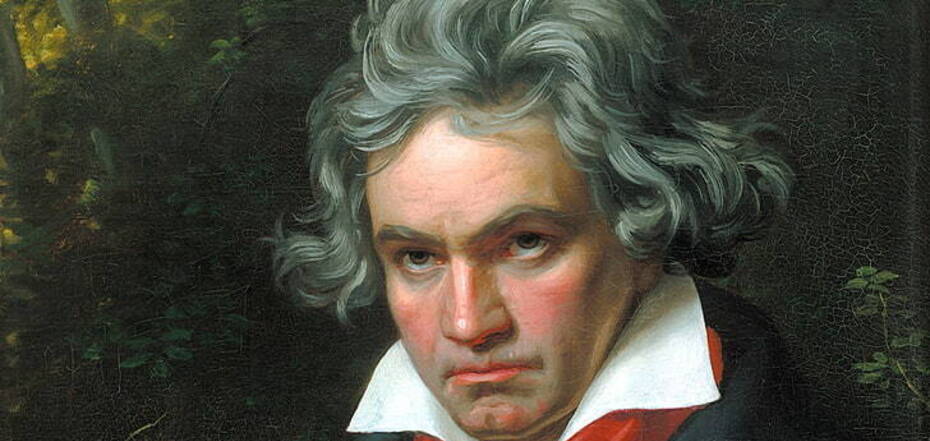News
Mystery of Beethoven's death solved: he was indeed poisoned by lead, but that's not why he died
Ludwig van Beethoven suffered from jaundice and died, probably from a liver disease caused by hepatitis B. His health condition was worsened by alcohol abuse and genetics.
This is evidenced by the discovery of a centuries-old strand of hair, as well as advanced genomic sequencing technologies, Science Alert writes. Thus, scientists debunked the long-standing theory that the composer died of lead poisoning.
Instead, researchers are still unsure of what exactly caused his gastrointestinal problems and hearing loss, which progressed throughout his life.
Beethoven was greatly embarrassed by his hearing loss and worked hard to create brilliant orchestral symphonies. At the same time, his deafness forced him to stop performing concerts.
Now, a new study of two strands of hair previously confirmed to be Beethoven's own has confirmed that the composer did indeed suffer from the effects of lead poisoning. But its effects were not enough to kill the composer.
"Such levels of lead are commonly associated with gastrointestinal and renal disease and hearing loss, but are not considered high enough to be the sole cause of death," the researchers write.
Beethoven's exposure to lead can easily be explained by his habit of drinking from lead vessels and the medical procedures involving lead that were commonly performed at the time.
Measuring lead levels in hair may not be a good indicator of blood concentrations. There are some other possibilities that could explain Beethoven's hearing loss.
Genetic analysis in 2023 showed that Beethoven also had several markers associated with lupus, a rare disease that can sometimes lead to hearing loss.
Medical historians also wondered if the bones of Beethoven's middle ear had fused together, which happens in a condition called otosclerosis. But the genetic causes of otosclerosis are not yet known, so it remains an open mystery that could be revisited if genetic links are discovered in the future.
Only verified information is available on the OBOZ.UA Telegram channel and Viber. Don't fall for fakes!




























